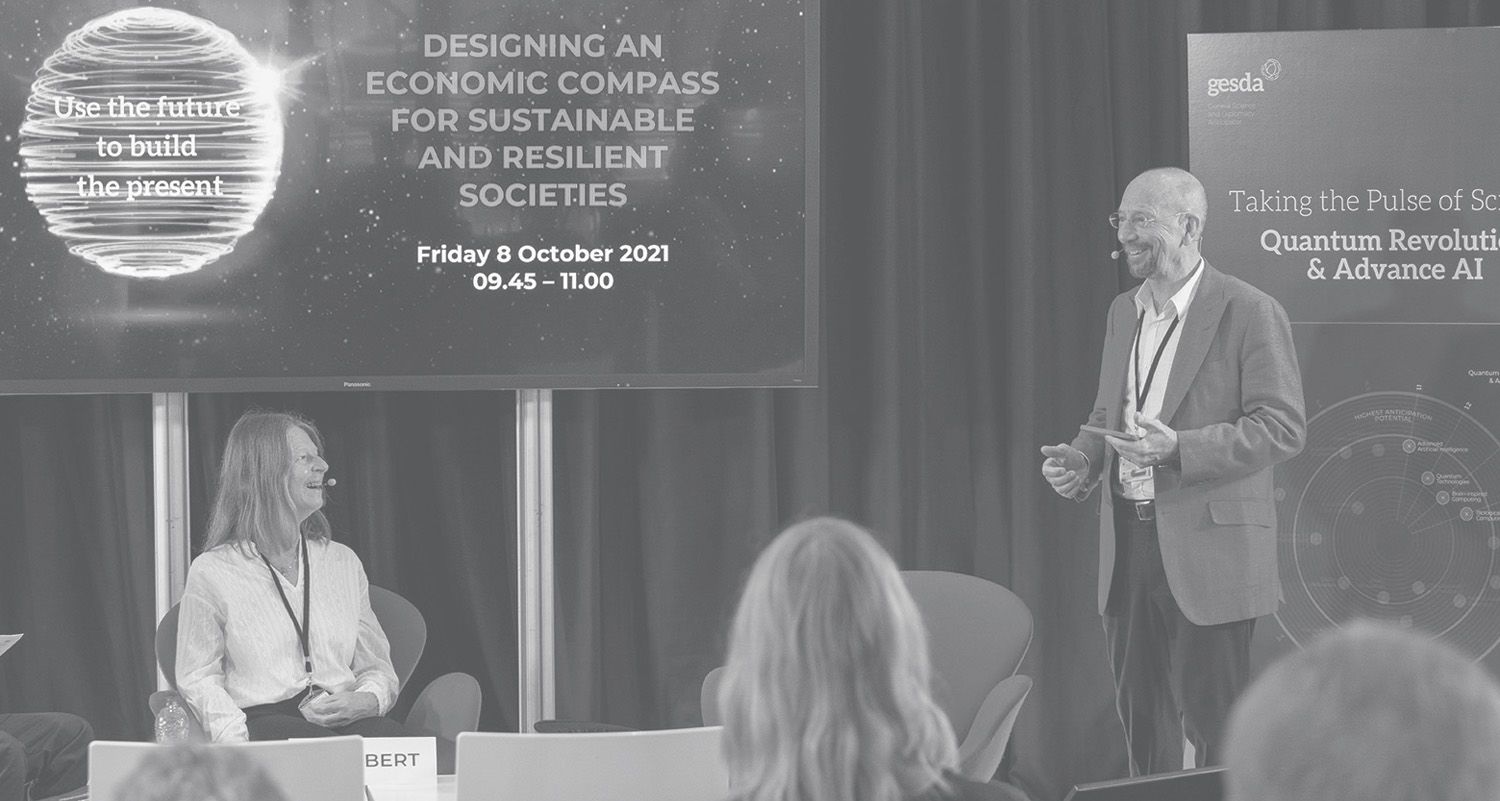Ian Goldin is the Oxford University Professor of Globalisation and Development, the Director of the Oxford Martin Programme on Technological and Economic Change and the founding Director of the Oxford Martin School.
Ian previously was World Bank Vice President and the Group’s Director of Policy, after serving as Chief Executive of the Development Bank of Southern Africa and Economic Advisor to President Nelson Mandela. Ian has served as Principal Economist at the EBRD and Director of Programmes at the OECD Development Centre. Ian has a BA (Hons) and BSc from the University of Cape Town, an MSc from the London School of Economics, and a MA and DPhil from the University of Oxford.
Ian has been knighted by the French Government and has published 21 books, including Age of Discovery: Navigating the Storms of Our Second Renaissance; Development: A Very Short Introduction; The Butterfly Defect: How Globalisation Creates Systemic Risks and What to Do;Divided Nations: Why Global Governance is Failing and What Can Be Done; Exceptional People: How Migration Shaped our World and Will Define our Future; and, Is the Planet Full?
He is the lead author of the Oxford Martin School Citi Report Migration and The Economy. He is the author and presenter of the BBC Series After the Crash, broadcast in October and November 2018 and the BBC Series: The Impact of Artificial Intelligence on Economies and Societies broadcast in April 2019. He has been a non-executive Director on numerous boards, the Senior Independent Director on CDC, an Honorary Trustee of Comic Relief and the Chair of CORE-Econ initiative to modernise the teaching of economics.
He lectures at Oxford, Harvard, Tsinghua and other top Universities and provides advisory services to a wide range of governments and leading global companies. In addition to be a highly acclaimed speaker, Ian leads strategy discussions at the Boards of leading global companies and facilitates major conferences. His recent speaking engagements include the opening keynote at Google Zeitgeist, at the Microsoft CEO forum, at TED, and for the past 21 years has provided keynotes at the WEF Davos meetings.




